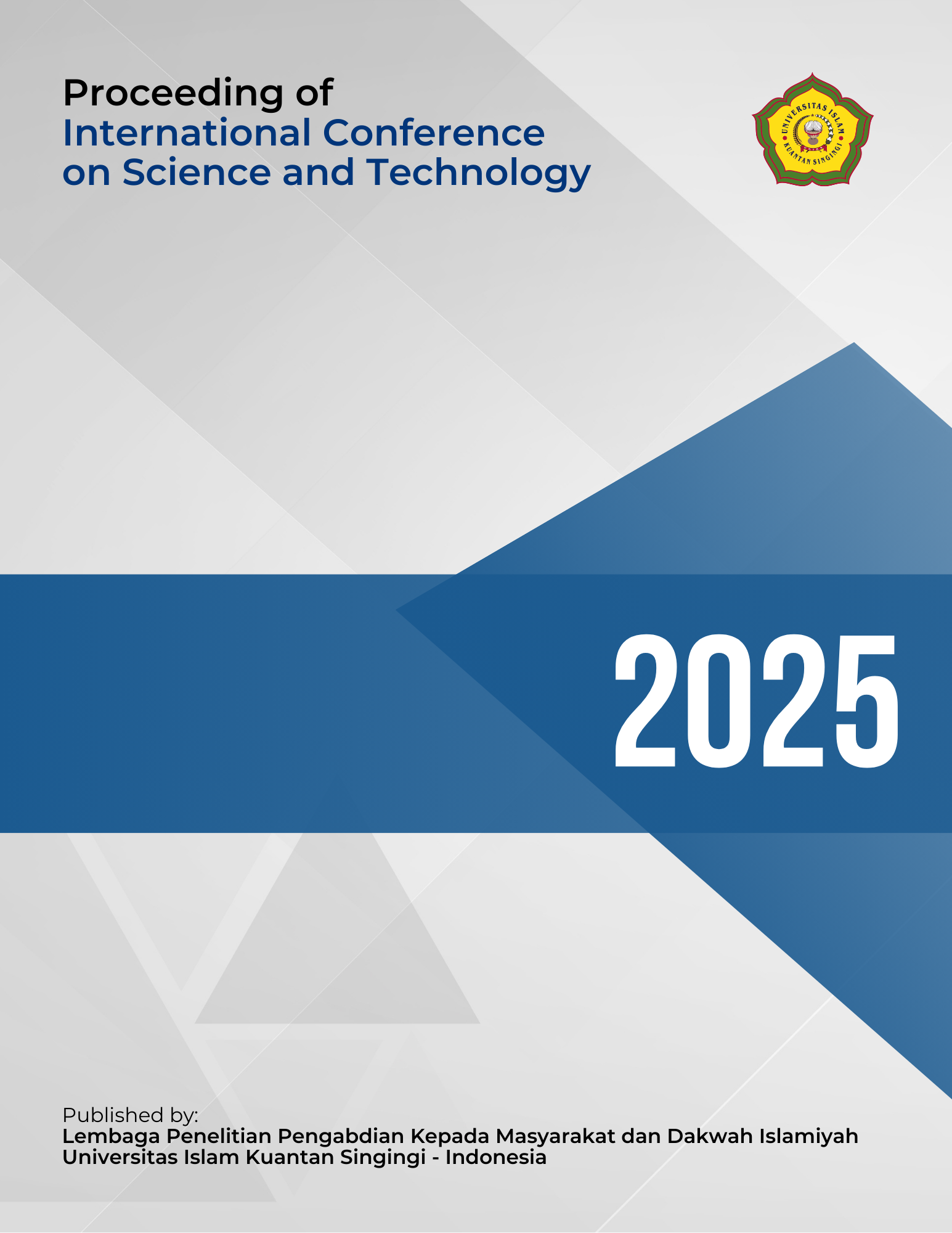Harmonization of Sharia and Conventional Banking Regulations Based on Maqasid Sharia
Abstract
This study aims to evaluate the harmonization of regulations between Islamic banking and conventional banking in Indonesia within the framework of the maqasid sharia and examine its implications for the development of Islamic economic law. In the context of Indonesia's dual banking system, regulatory imbalances are found between the two systems, particularly in terms of basic principles, institutional structure, and oversight and reporting mechanisms. National regulations, which tend to adopt a conventional paradigm, have not been able to fully accommodate the values of maqasid sharia in a substantial manner. This study uses a qualitative approach with descriptive-normative methods and library research techniques that focus on the analysis of primary and secondary legal documents such as laws, OJK regulations, DSN-MUI fatwas, and related scientific literature. The results indicate that regulatory disharmony has resulted in weak protection of maqasid principles, particularly in terms of contractual fairness, consumer protection, and differentiation of Islamic financial products. This study recommends a hybrid regulatory model based on the maqasid sharia, emphasizing collaboration between regulators and fatwa authorities to produce policies that are more inclusive, ethical, and relevant to the national economic context. These findings provide an important contribution to formulating a new direction for Islamic economic law in Indonesia that is adaptive to global dynamics while remaining rooted in sharia values.
Downloads
References
[2] Siti Yulia Makkininnawa and H. Pratama, “Penyelesaian Eksekusi Benda Jaminan Pada Pembiayaan Murabahah Bank Umum Syariah,” El-Iqthisadi J. Huk. Ekon. Syariah Fak. Huk. dan Syariah, vol. 6, pp. 123–137, 2024, doi: 10.24252/el-iqthisady.vi.46668.
[3] H. Pratama, “Concept And Approaches In Islamic Studies,” Tarbiya Islam. J. Pendidik. dan Keislam., vol. 12, no. 1, pp. 27–36, 2022, [Online]. Available: http://ejurnal.unim.ac.id/index.php/tarbiya/article/view/1633%0Ahttp://ejurnal.unim.ac.id/index.php/tarbiya/article/download/1633/749
[4] A. N. Rahmatika, “Dual Banking System di Indonesia,” At-Tahdzib J. Stud. Islam dan Muamalah, vol. 2, no. 2, pp. 133–147, 2014, [Online]. Available: http://ejournal.staiat-tahdzib.ac.id/tahdzib/article/view/35
[5] T. Jawab and B. Umum, “Faq Pojk 12 - 03 - 2021,” pp. 1–13, 2021.
[6] D. Alderson, J. Charles & Wall, “Perbankan Konvensional Versus Perbankan Syariah dalam Realitas,” Jurnak Ekon. Syariah, vol. 19, no. 1, pp. 709–715, 1992.
[7] N. Khotia Harahap and E. Siregar, “Pengaturan dan Pengawasan Bank Syariah,” Islam. Circ., vol. Vol. 2, no. 1, pp. 68–79, 2021.
[8] Asnaini and H. Yustati, “Lembaga Keuangan Syari’ah Teori Dan Praktiknya Di Indonesia,” p. 41, 2017.
[9] Maya Permata Sari, “Is It Islamic Bank Really Islam? (Based on Previous Research),” MAMEN J. Manaj., vol. 2, no. 2, pp. 261–270, 2023, doi: 10.55123/mamen.v2i2.1825.
[10] V. Hans, Islamic finance: principles and practice, vol. 48, no. 04. 2010. doi: 10.5860/choice.48-2205.
[11] I. A. Alamudi and A. Hasan, “Kedudukan Fatwa Dsn Dalam Tata Hukum Nasional,” Mitsaqan Ghalizan, vol. 3, no. 2, pp. 11–31, 2023, doi: 10.33084/mg.v3i2.6317.
[12] N. Hayaty, “Relevansi Fatwa dalam Regulasi Perbankan Syariah sebagai Landasan Operasional Perbankan,” JICN J. Intelek dan Cendikiawan Nusant., no. 2, pp. 2783–2791, 2024, [Online]. Available: https://jicnusantara.com/index.php/jicn
[13] A. S. Nurhidayatullah and O. S. Fathurohman, “Maqashid Syariah Sebagai Kerangka Kerja Untuk Inovasi Produk Keuangan Non Bank Dalam Era Digital,” Masharif al-Syariah J. Ekon. dan Perbank. Syariah, vol. 9, no. 5, pp. 3635–3653, 2022, [Online]. Available: https://doi.org/10.30651/jms.v9i5.24835
[14] S. Al Parisi, “Bagaimanakah Kinerja Bank Umum Syariah di Indonesia?: Penilaian dengan Sharia Maqashid Index (SMI),” J. Ilmu Perbank. dan Keuang. Syariah, vol. 2, no. 1, pp. 46–69, 2020.
Copyright (c) 2025 Hardifa Pratama, Muhajirin Muhajirin, Muhammad Alwi Dalimunthe, Johari Johari, Arkan Fawwaz Prasetia

This work is licensed under a Creative Commons Attribution 4.0 International License.


